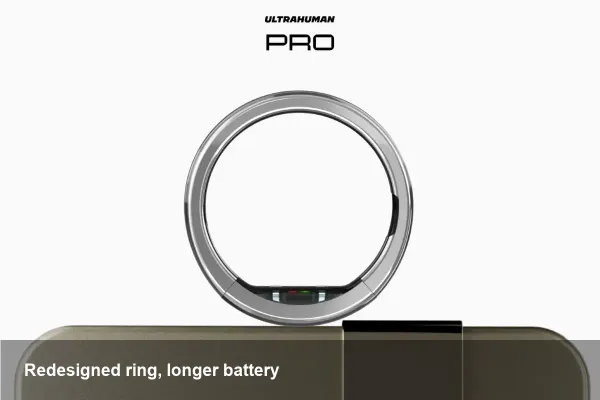Google AI Tool Sparks Widespread School Cheating Crisis

- A Google Lens feature on Chrome browsers is enabling widespread, easy cheating on digital tests, causing alarm among educators.
- Teachers report a sudden, suspicious spike in high grades from previously struggling students, raising serious questions about academic integrity.
- Research suggests over-reliance on AI tools is linked to a decline in students' cognitive skills, yet many schools lack clear policies on its use.
- The controversy has forced districts to re-evaluate technology in the classroom, with some teachers abandoning school-issued laptops for pen and paper.
An Epidemic of A's: How a Google AI Tool Sparked a Cheating Crisis
A high school English teacher in Los Angeles was stumped. Students who had been struggling all semester were suddenly acing their tests. He suspected cheating but couldn't pinpoint the method until a student revealed the culprit: a deceptively simple Google AI tool.
The latest version of Google Lens on the Chrome browser, used by millions of students on school-issued Chromebooks, features a movable bubble. When placed over any content on the screen, a sidebar instantly appears with AI-generated answers, explanations, or interpretations. For students taking a digital test, it provides a seamless way to cheat without typing a single word or even leaving the test page.
"I couldn’t believe it,” said teacher Dustin Stevenson. “It’s hard enough to teach in the age of AI, and now we have to navigate this?”
The "Click-to-Cheat" Tool
The cat-and-mouse game between teachers and students over cheating has been supercharged by AI. Educators argue that tools like Google Lens have made it nearly impossible to enforce academic integrity, threatening the very foundation of learning. The issue is compounded by the fact that Google itself donated thousands of the Chromebooks that are now central to classroom instruction across California.
For some, the solution is a complete reversal. William Heuisler, a high school teacher in Los Angeles, has ditched technology entirely, returning to pencil and paper for all assignments and tests. "If we give them a tool that allows them to not develop those skills, I’m not sure we’re actually helping them," Heuisler said.
The Cognitive Cost of AI Convenience
These concerns are backed by data. A nationwide survey by the Center for Democracy and Technology found that over 70% of teachers are concerned about the authenticity of students' work due to AI. A stark study from MIT, titled “Your Brain on ChatGPT,” discovered that students using AI for writing assistance showed significantly less cognitive activity and produced lower-quality essays.
Despite these findings, there is a profound lack of consistent rules. The California Department of Education offers guidance but avoids strict mandates, even suggesting teachers should not punish students for using AI to write essays but instead adapt their assignments.
A Patchwork of Policies and Responses
This policy vacuum creates confusion, as what one teacher bans, another may encourage. According to research firm RAND, only 34% of teachers report having consistent AI policies at their school.
In response to feedback, Google has stated it paused a “homework help” Lens shortcut but has no plans to remove the feature from Chrome browsers. The company encourages AI literacy and notes that school administrators have the option to disable Lens on district-issued devices.
Los Angeles Unified, for its part, has decided to keep Lens active but requires students to complete a digital literacy lesson first. However, after Stevenson alerted the district to the cheating, he reported the tool vanished from his students' Chromebooks, highlighting what he calls a "haphazard" and reactive approach to AI integration in education. "This isn’t how education is supposed to work," he said.





